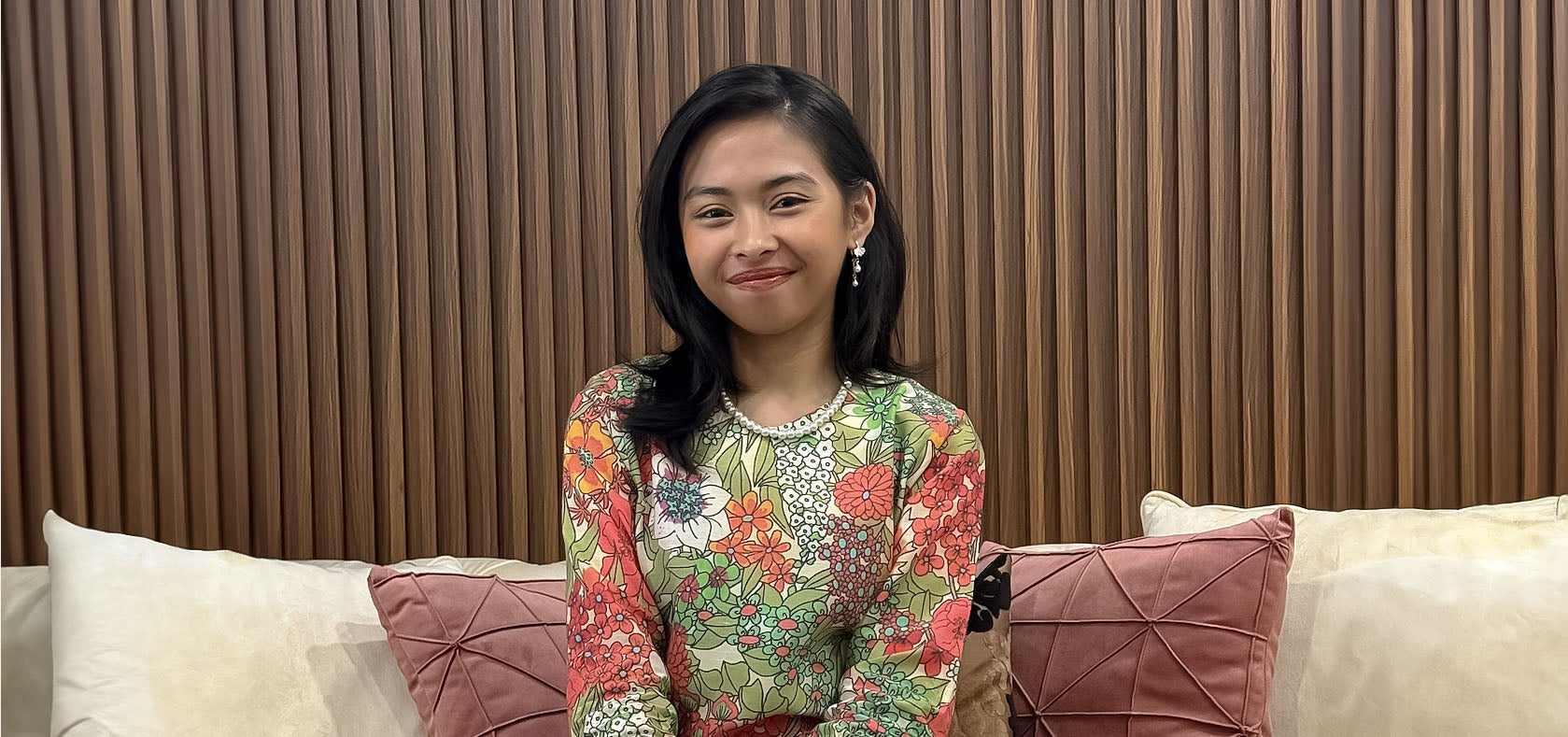Beijing+30 Youth Blog: Empowering women and youth in Southeast Asia's climate governance
Date:
Author: Elisa Shafiqah

Picture a world where lush landscapes meet bustling cities, where rising sea levels threaten coastal communities, where extreme weather events devastate the livelihoods, health, and safety of millions and where women bear the brunt of these impacts due to entrenched social norms and economic disparities. This is the reality facing Southeast Asia—a region on the front lines of climate change.
In Southeast Asia, climate change and security issues are deeply interwoven with gender dynamics. The region is particularly susceptible to climate change, with millions living in low-lying coastal areas prone to flooding and extreme weather events. These environmental threats disproportionately affect women, who often have less access to resources, education, and decision-making power. For instance, when disasters strike, women and girls face heightened risks of violence, loss of livelihood, and health complications. The gendered nature of these impacts is rarely addressed adequately in existing governance frameworks, which tend to adopt a one-size-fits-all approach to disaster response and climate adaptation.
Through my experiences, I have witnessed how gender intersects with climate and security, amplifying vulnerabilities and exacerbating inequalities. My journey began when I started documenting and writing my bachelor's degree thesis unpacking Malaysia's painful legacy of nuclear testing fallout impacts and its governance on nuclear issues. From this research, I see the urgent need for gender-inclusive environmental policies. I was humbled to highlight the importance of moving beyond rhetoric to implement substantive, gender-responsive policies during my time as the Malaysian youth delegate to negotiations, notably within ASEAN, G7, and G20 communiqués. In these multilateral mechanisms, I advocated for more inclusive, transformative and gender-sensitive policies on climate change to enhance the effectiveness of climate interventions.
Women have demonstrated exceptional leadership in grassroots climate action, yet their contributions are often overlooked in formal governance structures. Research consistently shows that women bring different perspectives and solutions to climate challenges, emphasizing community resilience, social equity, and sustainable practices. Despite increasing recognition of the importance of inclusive governance, significant barriers persist that hinder the effective participation of women in climate policymaking. These barriers are multifaceted, rooted in historical, social, and institutional biases that perpetuate gender inequality.
In international diplomacy, I have seen firsthand how women's leadership can drive effective climate action. At forums like the 2nd Meeting of States Parties (MSP) of the Treaty on the Prohibition of Nuclear Weapons, I have championed the inclusion of women and girls in peace building and disarmament efforts. Sessions focused on the humanitarian impacts of nuclear weapons towards women and girls, mainstreaming gender and the diversity, equity, and inclusion (DEI) agenda, and the environmental impact of nuclear weapons testing and usage. These experiences reveal the transformative potential of gender-inclusive policies, as advocated by United Nations Security Council Resolutions 1325 on Women, Peace and Security[DR1] and 2250 on Youth, Peace and Security[DR2] . However, the gap between policy advocacy and implementation remains vast. While international resolutions recognize the importance of women's participation, translating these principles into practice requires overcoming deep-rooted institutional inertia and resistance.
Youth, particularly young women, are pivotal in the fight against climate change and have been at the forefront of climate activism. However, their potential is often underutilized due to systemic barriers that restrict their participation and leadership and tokenistic engagement from policymakers who often marginalize their contributions.
To address gender disparities in climate governance, policymakers must prioritize gender mainstreaming and inclusivity in policy development and implementation. This includes ensuring women's participation in decision-making processes, integrating gender analysis into climate assessments and planning, and allocating resources towards gender-responsive adaptation and mitigation measures.
As a bipolar disorder patient, I have witnessed the almost nonexistent representation of women with disabilities during climate negotiations. There is a lack of intervention mechanisms for the community's participation due to issues such as limited social mobility, tools, sign interpreters, and ableist structures for participants. The Beijing Declaration and Platform for Action emphasizes the underrepresentation of women, especially those with disabilities and marginalized ones, in the room to design, formulate, and implement policies when it comes to climate governance.
As Southeast Asia faces the escalating impacts of climate change, integrating gender perspectives into climate governance is not just a moral imperative but a practical necessity. The current status quo, characterized by male-dominated decision-making and insufficient inclusion of marginalized voices, undermines the region’s resilience and capacity for effective climate action. I advocate for the urgent need for comprehensive policy reforms, robust accountability mechanisms, and genuine commitment to diversity and inclusion.
In the fight against climate change, the inclusion of women, especially those with disabilities and marginalized, is essential for developing equitable and sustainable solutions. By addressing the systemic barriers that hinder their participation and leadership, we can unlock the full potential of women as agents of change. International diplomacy and regional cooperation must play a pivotal role in advancing these efforts. By fostering collaboration and holding states accountable for their commitments, the global community can drive progress towards gender-inclusive climate governance. My message is clear: gender equality isn't just a goal—it's a prerequisite for building a sustainable future. In the fight against climate change, let us heed this call and empower women and youth to be the architects of change.
Biography:

Elisa Shafiqah binti Shahrilnizam, 23, is a Malaysian activist advocating on the spectrum of multilateralism, peacebuilding, and inclusivity. She has been working for over four years in the realm of UN Security Council Resolution 2250: Youth, Peace and Security (YPS) via her organization named Malaysian Youth Diplomacy (MyDiplomacy). She is currently interning at the Institute of Defense and Security of the Malaysian Ministry of Defense. She was also a participant at UN Women’s Gen-Forum 2024: Young Leaders for Women, Peace and Security in Asia and the Pacific, the outcomes of which are feeding into the regional Beijing+30 process. Her strength lies within chemical, biological, radiological or nuclear (CBRN) governance, peacebuilding and Malaysian foreign policy, as she currently represents Malaysia at the United Nations Office for Disarmament Affairs’ Youth Leader Fund for A World Without Nuclear Weapons.
 @elisa_shafiqah |
@elisa_shafiqah |  @elisashafiqah |
@elisashafiqah |  Elisa Shafiqah Shahrilnizam
Elisa Shafiqah Shahrilnizam